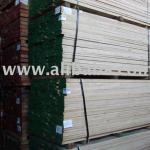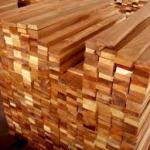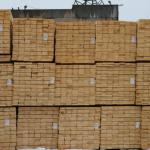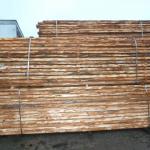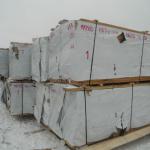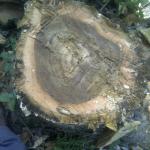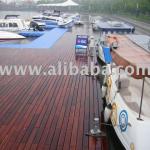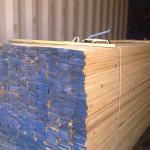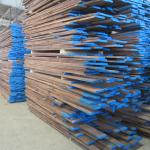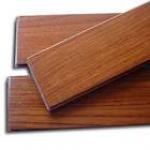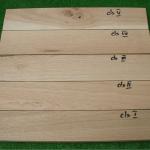timber slabs River Red Gum wood
| Type: Solid Wood Boards | Place of Origin: New South Wales Australia | Brand Name: river red gum | Timber Type: red gum |
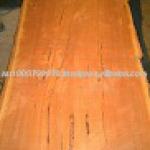
Red Gum is a hard wood that is quite dense. Its weight is approximately 800 - 900 kg/m3. Most people love its spectacular deep red colour and its typical fiddle back figure though its colour ranges from light red through to almost black. It is popular in furniture joinery as it carves well and comes up a treat with a polish.
Solid red gum slabs ranging in sizes from 1200mm - 5600mm long x 250mm - 1250mm wide x 35mm - 300mm thick lots of slabs to choose from .
Kiln dried to 12% - 18% moisture content
We also have lots of Slabs that have been naturally air dried for 18 months or more down to 15%
River Red Gum
Botanical name | Eucalyptus camaldulensis | ||||||||||
Origin | River Red Gum grows adjacent to the inland rivers of mainland Australia. | ||||||||||
Trading names | River Red Gum | ||||||||||
Appearance |
| ||||||||||
General comment | It works well and offers great versatility in its uses. Unsuitable for steam bending because of the difficulty of obtaining the necessary straight-grained timber. Provided the grain is relatively straight, has good resistance to surface checking when exposed to the weather. | ||||||||||
Common uses | Flooring, decking, sleepers, heavy furniture, decorative turnery, panelling, sills, posts, doors. | ||||||||||
Properties (See notes below) | Hardness rating
Lyctid Susceptibility of Sapwood
Termite Resistance of Heartwood (inside above ground)
Marine Borer Resistance of Heartwood
Natural Durability Rating of Heartwood Above Ground
Natural Durability Rating of Heartwood In-Ground Contact
|
Density:'Green Density' (GD) is the density of the wood at the time the living tree is felled. It varies considerably with the season, weather conditions, the age of the tree and so on; the quoted figure must therefore be accepted as a guideline only and when accurate green density figures are required for, say, assessment of transport costs, it is advisable to carry out accurate determinations on the materials involved.
'Dry Density' or 'Air Dry Density' (ADD) is the average density of the wood at 12 per cent moisture content. It too varies with conditions of growth, climate and maturity of wood.
There are published figures for both Green Density and Air Dry Density of most commercial species.
The figures given above have been rounded to the nearest 50.
Hardness rating:the hardness rating of a timber species is measured by the Janka Test. This is a standard test which measures the penetration into the timber of a common load and projectile. The results relate to a hardness capacity of the material and are expressed in kN. This information is useful where the timber may be subject to potential damage from impacts e.g. a dance floor. There are 2 sets of published figures; one for 'Green' or freshly felled timber and one for seasoned timber - i.e. timber with a moisture content of 12%.
The ratings given here are:
Soft - less than 5.5
Moderate - 5.5 to 7.0
Hard - 7.1 to 10.0
Very Hard - greater than 10.0.
Lyctid susceptible sapwood:Only the sapwood of some hardwoods is susceptible to lyctid borer attack. No softwoods are susceptible to attack.
Natural durability ratings:The natural durability rating of a timber species is a rating of the timber's resistance to attack by wood destroying fungi and wood destroying insects. The sapwood of all timber species has poor resistance and so the natural durability rating applies only to the heartwood of a timber species. The rating is based on the testing of stakes and poles embedded in the ground and on expert opinion of historical performance. There are 2 sets of ratings: one for above ground use and one for in-ground contact use. The lower the number the higher the performance in terms of durability. This information is useful for specifying material for external or exposed applications.
| Packaging Detail:20 - 40 ft containers |
| Delivery Detail:1 month from order date to date of export from melbourne |




